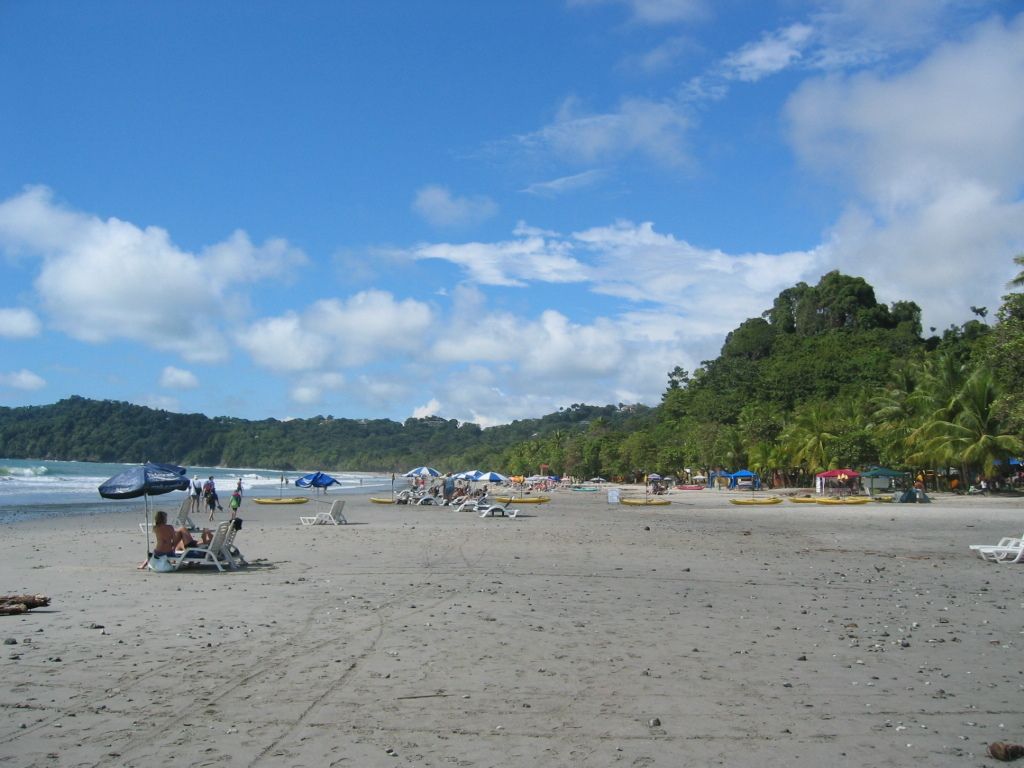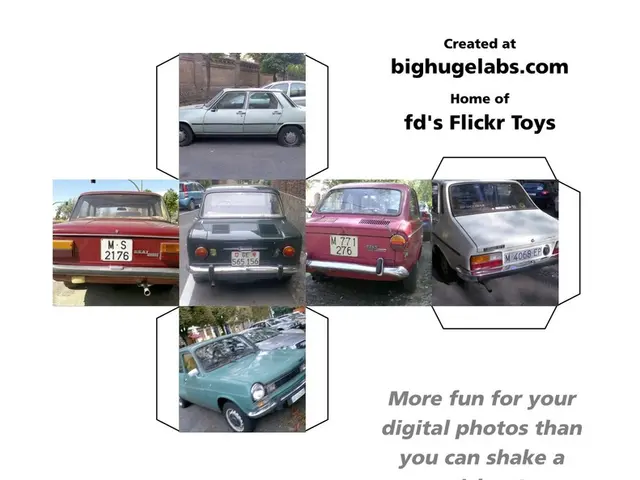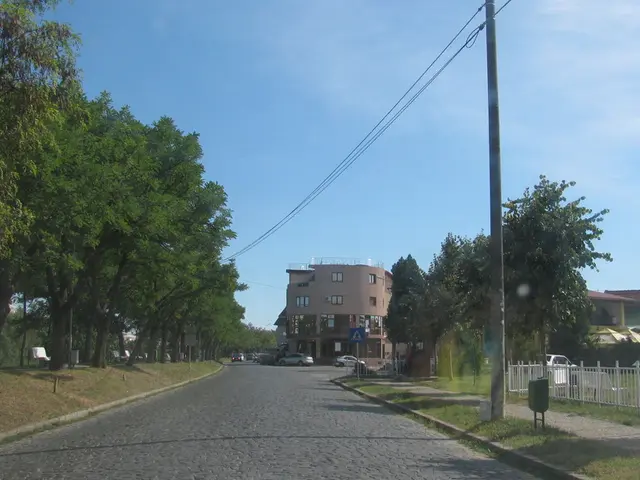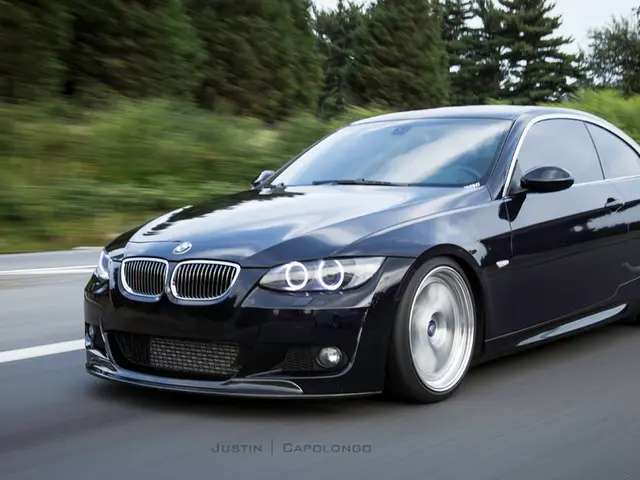Titled: Ford's Electrified Future: Here Comes the Battery Revolution in Cologne
Ford Germany takes control of battery assembly for its cars - Germany-based Ford division begins in-house manufacturing of car batteries
Picture this: Ford Motor Company is cranking up the voltage with its latest endeavor – a state-of-the-art battery assembly plant in the heart of Cologne, Germany. This bold move marks the beginning of Ford's battery-powered revolution, fueled by a hefty $2 billion investment in digitalization and automation.
That's right, folks – the electric vehicle (EV) era is officially upon us! The new, sleek facility produces three different battery pack sizes custom-made for the much-anticipated Ford Explorer and Capri EV models. These bad boys were launched last year with some serious help from central components sourced from Volkswagen (VW). While VW initially handled battery assembly until the end of 2024, Ford stepped up its game earlier this year, taking the reins. Now, the series production roars to life!
The Production Line's All-Star Team
A whopping 180 employees – backed by a powerhouse of 190 robots – work tirelessly on the 2-kilometer-long production line. These mechanical marvels perform the meticulous tasks of welding, gluing, and screwing the battery housing components into place. In total, an impressive 2,775 individual parts are expertly assembled to create a drive battery for each EV.
Ford on Edge: Battling a Downturn
Unfortunately, Ford's German division has been burning rubber in reverse for quite some time now. The once-lucrative car business has seen nothing but red ink for ages. recent job cuts resulted in the subsidiary's first-ever strike and marked the ripple effects of a century-old company stumbling in the 21st century. Currently, the company employs around 11,500 people in Cologne; however, that number is expected to shrink by a staggering 2,900 by the end of 2027. Just a few years back, the headcount was a robust 20,000.
The last Ford Fiesta sashayed off the assembly line in 2023, with its internal combustion engine technology officially put out to pasture in Cologne. In its stead, Ford dreams of a brighter, battery-powered future with two nifty new EV models: the Explorer and Capri. These larger, off-road-inspired vehicles may carry a heftier price tag than their beloved Fiesta predecessor (base prices start at 39,900 euros for the Explorer and 42,400 euros for the Capri), but Ford is hopeful they will electrify the market.
A Rumble in the European EV Jungle
By producing batteries and vehicles locally, Ford aims to stiffen its competitive resolve in the European EV market. This strategic move promises to boost supply chain resilience, slash lead times, and ultimately drive down costs – all while keeping pace with consumer demand for domestic products.
The plant's recent activities align wonderfully with the recent launch of the Ford Puma Gen-E, another feather in Ford's EV cap. The company's European lineup is growing by leaps and bounds, solidifying its electrification commitment.
The Road Ahead: Bumpy, but Brimming with Possibilities
While Ford's newest factory is humming along, there's been no documented link between its battery production prowess and a direct impact on EV sales or market share in Germany as of yet. Ford's chief focus presently lies in fortifying its commercial operations and ensuring a robust EV supply chain in Europe. As the company, acquaints itself with the ins and outs of this exciting new technology, it remains to be seen how the German market will embrace this EV extravaganza.
However, Ford's CEO, Jim Farley, has expressed optimism in the face of a slowing North American EV market, citing relatively healthy demand in other parts of the world. As Ford steers toward a greener future, it's clear that careful navigation and a solid strategic plan are key to success.
- Ford Motor
- European Electric Vehicle Market
- Cologne, Germany
- Battery Assembly Plant
- Ford Capri
- Ford Explorer
- Electric Vehicle Production
- Volkswagen
- VEHICLE INDUSTRY
- Green Technology
- Ford's battery-powered revolution continues with the construction of a $2 billion investment digitalization and automation battery assembly plant in Cologne, Germany, producing custom battery packs for the Ford Explorer and Capri EV models.
- The new assembly plant employs 180 workers and 190 robots, working tirelessly on a 2-kilometer-long production line to assemble the battery packs, incorporating a total of 2,775 parts.
- Despite the progress in Cologne, Ford's German division has struggled for years, experiencing financial losses and higher-than-expected job cuts that recently led to a strike, with headcount projected to further decrease by 2,900 by 2027.
- The new EV models, the Explorer and Capri, carry higher price tags than the Ford Fiesta, which stopped production in 2023, but the company hopes they will be successful in the European market.
- Ford's expansions into local EV production aim to strengthen its competitive position in the European Market, improving supply chain resilience, cutting lead times, and lowering costs, while alining with the recent launch of the Ford Puma Gen-E and growth of its European EV lineup.








